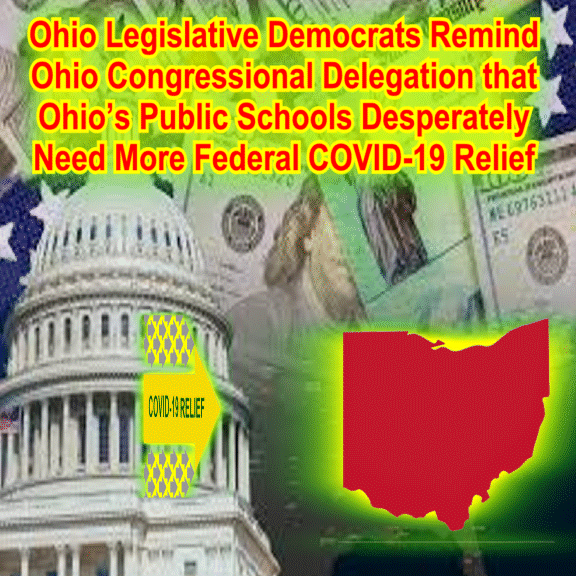Teachers Face A Summer Of Soul Searching. What Do They Do In The Fall?
We know a handful of things.
We know that virtually nobody wants to continue the pandemic shut-down crisis school model in the fall (with the possible exception of ed tech companies that hope to keep cashing in on it). Elected officials across the country are calling for schools to open again, a position that’s easy for them to take because A) everybody is suffering from full-on pandemic fatigue and B) none of those officials will have to deal with the actual issues of opening schools.
We know that nobody really knows how dangerous re-opening schools will be. Will students become super-spreaders, sharing it at school and bringing it home to vulnerable family members? How great a risk will teachers be running?
We know that “official” guidance on how to open schools is in short supply, and that what is out there is, for teachers, mind-boggling. The average teacher’s reaction to CDC guidelines is an eye roll powerful CONTINUE READING: Teachers Face A Summer Of Soul Searching. What Do They Do In The Fall?

































